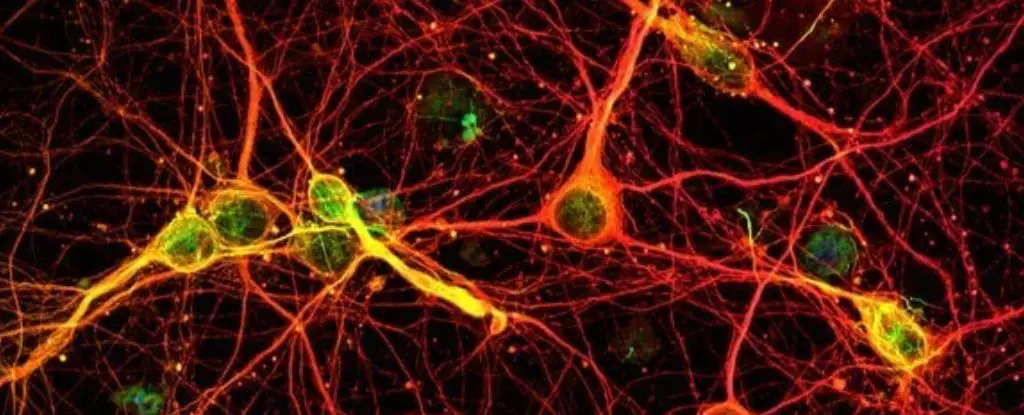Recent revelations from researchers at New York University (NYU) have upended long-held perceptions about memory and learning, suggesting that our bodily cells may be capable of forming memories in ways previously thought exclusive to the brain. This groundbreaking study emphasizes the interconnectedness of all cells and opens a new avenue for understanding how learning occurs beyond the confines of neurobiology.
Traditionally, learning and memory have been topics firmly rooted in the study of brain activity. The emphasis on neurons as the primary players in memory formation has overshadowed the potential contributions of other bodily cells. However, NYU neuroscientist Nikolay Kukushkin asserts that this view is too narrow. His team’s research indicates that memory is a cellular phenomenon, fundamentally embedded within all body cells, including nerve and kidney cells. This shift in perspective pushes us to consider that memory may not merely be a brain-centric function but rather a more widely distributed capability across various forms of cellular life.
This concept builds upon the established notion that repetition is crucial for reinforcing memory. The study reveals that the practice of spaced repetition—essentially revisiting material over time instead of in a single cramming session—enhances memory retention not only in neurons but also in other cells. This aligns perfectly with existing educational theories advocating the benefits of spaced learning, suggesting that the approach is not merely a psychological trick but a biological necessity.
To examine the intricacies of this cellular learning process, Kukushkin and his colleagues conducted experiments featuring non-brain cells. Through exposing nerve and kidney cells to repeated “training pulses” of specific proteins known to facilitate memory—protein kinases A and C—they uncovered significant biochemical behaviors akin to those observed in neurons.
What is particularly fascinating is that the effect of these training pulses varied by dosage and timing, leading to different intensities and durations of memory activation. A single, brief pulse could activate memory genes in these cells, but only temporarily. In contrast, multiple pulses not only produced stronger activation but sustained it over several days. This mirrors the ways in which human neurons function during the consolidation of long-term memories.
These discoveries emphasize the importance of consistent, spaced intervals in learning, regardless of the cell type. By showing that memory formation occurs systematically among various cells, the study highlights a deeper biological rhythm underlying the process of learning—one which permeates throughout the body.
Potential Implications for Health and Medicine
Understanding how all cells engage in memory formation could have profound implications for medical science. Kukushkin speculates that what he describes as “body memory” may significantly influence our overall health and susceptibility to diseases. If bodily memories can inform cellular responses mechanisms, they could contribute to both the development and treatment of disorders related to learning and memory.
Moving forward, researchers may need to reconsider how they study memory and its associated therapies. Instead of focusing solely on the brain’s neuron networks, an integrative approach that considers cellular memory across the body may yield more effective interventions.
Future Directions in Research
With the pioneering findings from NYU, the landscape of neurological research invites a fundamental rethinking of cognitive processes. The capability for memory may extend far beyond what was previously imagined, with each cell acting as part of a larger network influencing cognition, emotional response, and overall health.
As researchers continue to explore the cellular roots of memory, the interdisciplinary connections between cell biology, neurobiology, and psychology become ever more essential. This study paves the way for novel explorations into how we can foster learning at a fundamental cellular level, thereby improving educational strategies and therapeutic approaches to memory-related conditions.
The evidence suggests that we must treat our body with the same care and attention typically reserved for the brain. As we deepen our understanding of this fascinating intersection between memory, learning, and cellular biology, we open new doors not only for scientific inquiry but also for practical application in numerous fields, including education and healthcare.


Leave a Reply